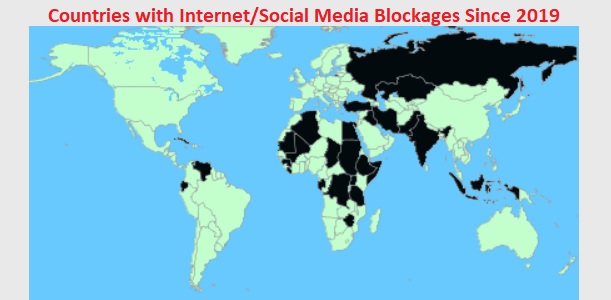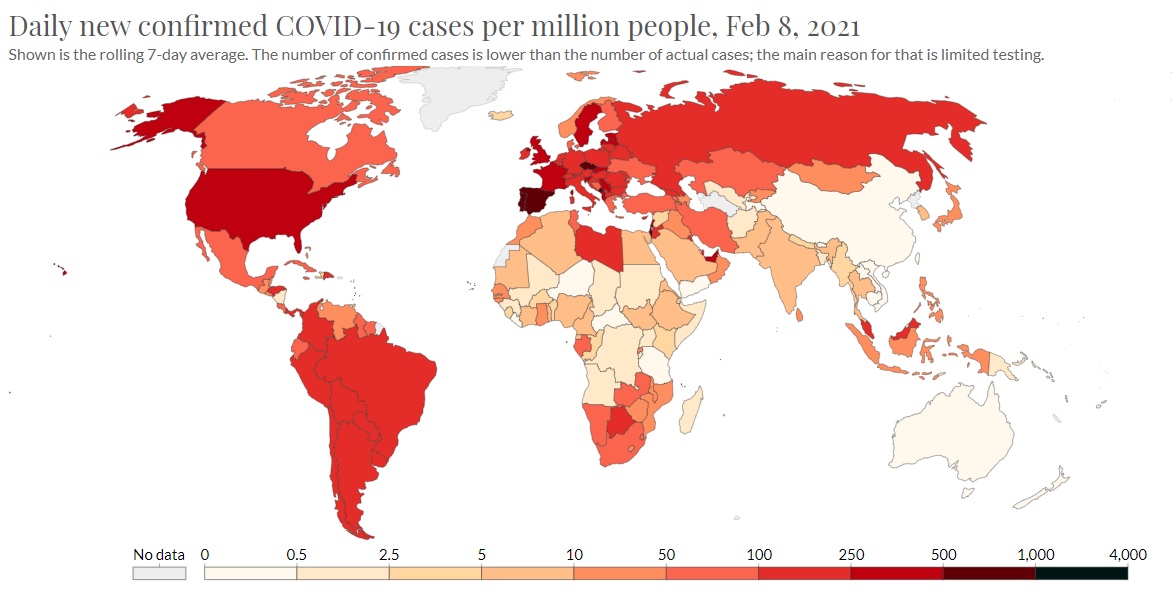Some many years ago the Seattle Metropolitan Chamber organized a book program where they would invite prominent authors to speak. It was a productive revenue generator for the organization. One time they invited Lou Dobbs to orate. He had an anti-trade book he was promoting at the time. There are plenty of issues around international trade, trade-offs, challenges and other areas all worthy of a podium and debate. But Dobbs wasn’t about any of those. Even back then he was a nativist. The Chamber was a bit worried about my attending the event since they knew my views of Dobbs. So nervous were they about me and others that Q&A was conducted by people having to write their questions on a 3×5 card which the moderator would carefully select and ask Dobbs. I wrote my question ever so carefully given my atrocious handwriting. It was respectful and data-based but sharply questioning one of Dobb’s many dubious propositions. Surprisingly the moderator selected my question and read it out loud to Dobbs. Dobbs turned to the audience and asked who had posed that question. I stood up—I was near the back of the room—and told him I did. Dobbs then began to lay into me, at one point calling me “an empirical bastard.” I’ve never been more proud of an insult. And now that Dobbs’ racist, anti-democratic, no-nothing television show has been cancelled, apparently due to his asserting—with no empirical evidence whatsoever—that the 2020 presidential election was stolen, we find ourselves even prouder, still standing on our small acre of data-driven, empirical, small-media land, continuing to throw data and evidence into the faces of any big media blowhards we can reach. This week that includes listing which countries are blocking the Internet, more evidence we need to work together on the pandemic and China’s continued assaults on freedom of thought. It’s this week’s International Need to Know, waiting many decades for Tom Brady to retire.
*RIP George Shultz, about whom, more next week.
**We would be remiss to note that next week is Mardi Gras and just about a year ago we were in New Orleans frolicking at Carnival parades, eating well if not healthy culinary delights, and attending great concerts including Trombone Shorty’s Threauxdown. Of course, this year bars and restaurants are smartly closed in New Orleans and no parades are allowed to avoid another super spreader event. But, hundreds of homes have been transformed into “House Floats”, New Orleanians turning their abodes into elaborate decorated, stationary Mardi Gras floats, one of which you can see below. New Orleans, as always, is undefeated.
We Know Better Than You
A few weeks ago the Internet went out briefly at our house. This was a big deal because nowadays we work from home. We conduct meetings, send emails, do research, collaboratively create documents all on the Internet. As we are sure you do too. Fortunately, it was only down briefly. But increasingly countries are shutting down the Internet because they are worried about QAnon…wait, no that’s not it. They are shutting down the Internet to protect their own authoritarian ways. The coupists in Myanmar shut down the Internet this weekend as masses of people protested in the streets against the coup. According to Netblocks, which maps Internet freedom, already this year Russia, Uganda and Pakistan have disrupted the Internet because of protests and elections. Axios reports that in the last two years, 35 countries “have restricted access to the internet or social media platforms at least once.“ We worry this will become more commonplace in the future. Even in America, land of the First Amendment, although the entire Internet is not being shut down, we see more and more people calling for restrictions on the Internet. As we wrote a few weeks ago, we need to think slowly on these matters.
Another Reminder: We’re All In This Together
We recently watched a Frontline documentary on China’s failures early in the pandemic due to their belief it is more important to control information than save lives.* One of the talking heads towards the end of the documentary said something along the lines of: we need to all work together because we’re all in this pandemic together. He was saying what we’ve been writing in this space since (checks calendar) almost a year ago. A pandemic, which by definition is global, can’t be ended by one country. Even if the U.S. ups its game, as it should and needs to, and increases the number of vaccinations in arms from the 1.3 million per day now to at least 3 million per day, that doesn’t get America out of the pandemic. The same is true of Israel, which is doing great on vaccinations, or any other country. The virus has already mutated creating more dangerous strains. If it continues to run rampant in other parts of the world, there is a chance for other dangerous strains emerging. Not only will that mean continuous booster shots and more health problems but also economies in un-vaccinated geographies devastated which in turn will harm all countries economies as we have seen over the last year when no country, not even ones that contained the virus, had robust economic growth. The $1.9 trillion relief bill Biden proposed and Congress is considering, should shift some of its less productive spending into increasing vaccination production not just for our country but for the world. We’re all in this together, whether we want to be or not. And we know many don’t want to be, unfortunately.
*Hat tip to the legendary Mike Williams for alerting us to this documentary
China Corner: Arrested Development
You may remember a few weeks ago we wrote about an economics professor from Willamette University, our alma mater, who was on a panel with a Brooking’s China expert and a former Obama trade official on China’s state television/propaganda channel, CGTN. They managed to place the entire blame on the U.S. for the deteriorating U.S.-China relationship without once mentioning Xinjiang, Hong Kong or China’s protectionist policies. We fully expect in their next appearances they will discuss China’s detaining Australian citizen (China-born) and CGTN host Cheng Lei. Although she was the lead anchor in Australia for CGTN, she was detained under what is called “residential surveillance at a designated location.” Other than that rather obtuse term, China has provided no details on why she was detained. ABC News notes, however, that, “Australia in July warned its citizens of a risk of arbitrary detention in China, as relations between the free trade partners have soured in recent years.” The reasons for her detention will make for a great topic on CGTN’s The Heat, the show the three American panelists participated on earlier this year. We look forward to watching it.>




